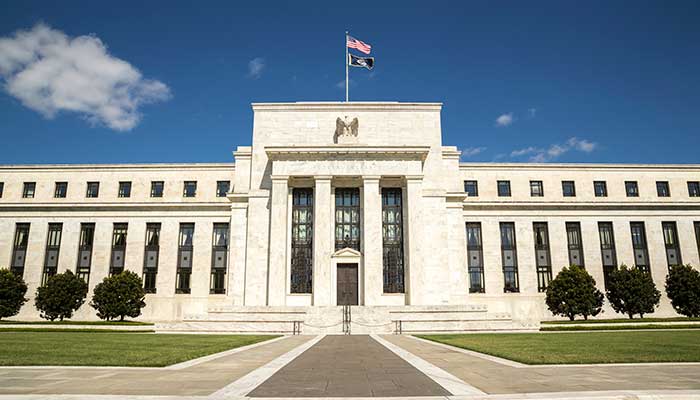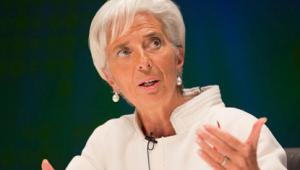web_usfederalreserve_istock_50296922_large.jpg

The US Federal Reserve. Asian policymakers said the monetary system should be more attentive to the ripple effect a policy change from major central banks like the Fed can have.
Experts from India, Japan, Indonesia and Hong Kong said monetary policy needed to be more attentive to global issues, from climate change to commodity price plunges. The group was speaking at a seminar at the International Monetary Fund’s annual meetings in Washington DC at the weekend.
Duvvuri Subbarao, a former governor of the Reserve Bank of India, and Perry Warjiyo, deputy governor of Bank Indonesia, both highlighted emerging and developing economies’ vulnerability to external forces.
Subarrao recalled how shifts in policy from the US Federal Reserve spilled over into India’s economy, first triggering a rush of capital into India and dramatically pushing up the rupee.
Then, after the Fed hinted it would move to more restrictive policies again, capital rushed back out. The rupee plummeted by 17% over four months.
“There is no global safeguard mechanism for managing cross-border spillover impacts,” he stated, describing what happened in India’s external sector as “carnage”.
Warjiyo also spoke about the impact the Fed can have elsewhere, as well as other western institutions, such as the European Central Bank.
“The divergence in monetary policies in advanced countries has a huge impact on emerging economies,” he said. “At some point we have to deal with these volatile capital flows.”
All of the panellists agreed that major central banks, the Fed in particular, should be more attuned to the effect their policies can have abroad.
Subbarao called for an international body to evaluate central bank actions. If the domestic benefits are outweighed by the impact on other nations, he suggested the bank should not be able to pursue its proposed policy.
Eisuke Sakakibara, respected former vice minister of finance for international affairs in Japan, said monetary policies fail to pay enough attention to some of the key problems in the world economy today. This was echoed by Andrew Sheng, who has held senior positions at the Hong Kong Monetary Authority and the World Bank.
These problems included inequality, climate change and persistently low growth. Sakakibara said he feared the world had fallen into what former US Treasury secretary Larry Summers had dubbed “secular stagnation” – a long period of sluggish growth.
Sakakibara urged international financial organisations to “take some measures to rectify the current, very serious situation”.
Elsewhere at the meetings, the IMF’s International Monetary and Financial Committee and the G24 also voiced concerns about stagnating growth, weak trade and the potential impact of further shocks from monetary policies, financial volatility, and political tensions and crises.
As well as less protectionism, more global cooperation on monetary policy and tax matters, and more inclusive globalisation, the G24 called for an overhaul of the quota systems of institutions like the IMF and the World Bank.
“There was importance given to governance issues, to the importance of giving developing and emerging economies a better standing, a stronger standing in these institutions that would be concomitant with their present weight in the world economy,” said Mauricio Cardenas, Columbian minister of finance and public credit.













